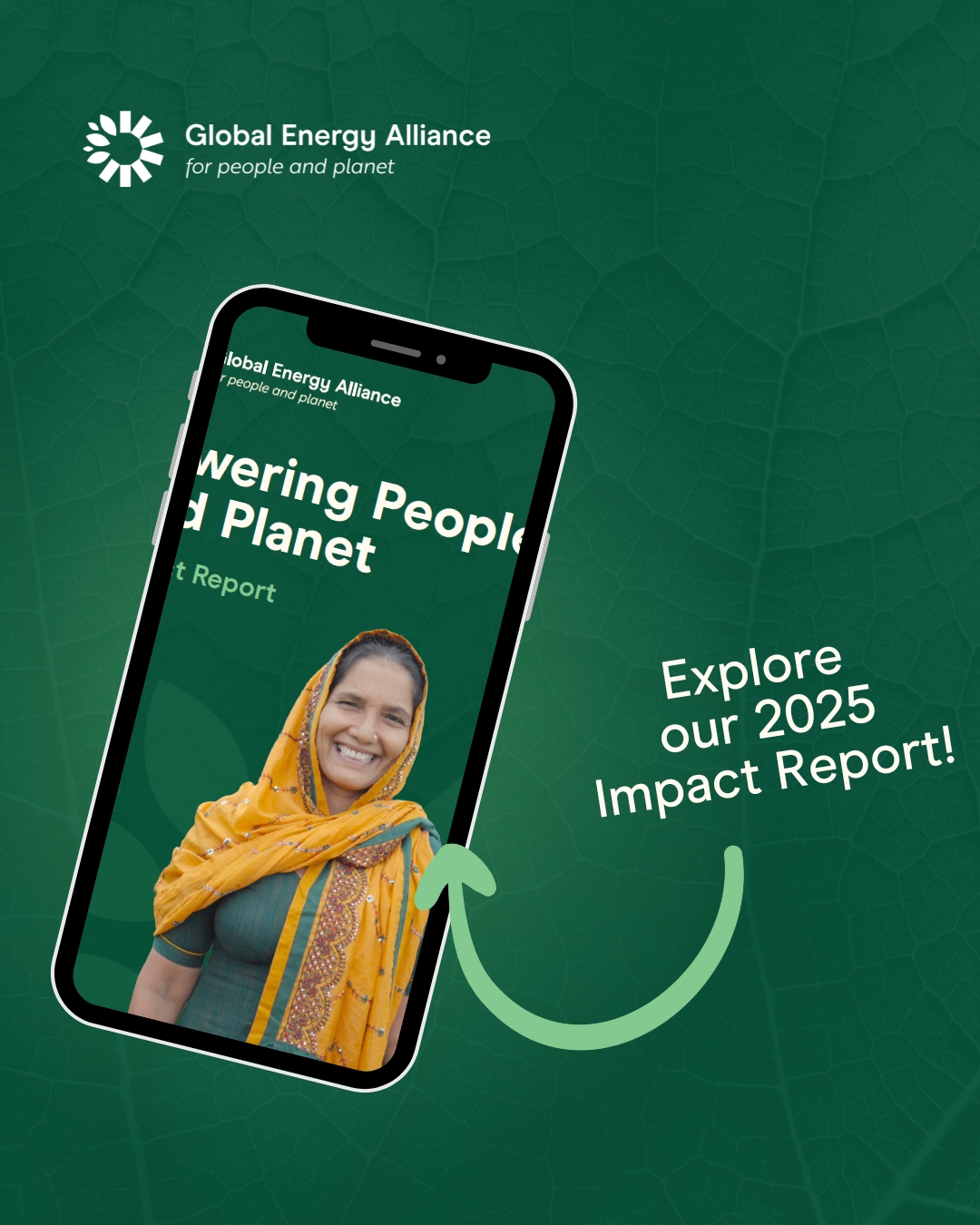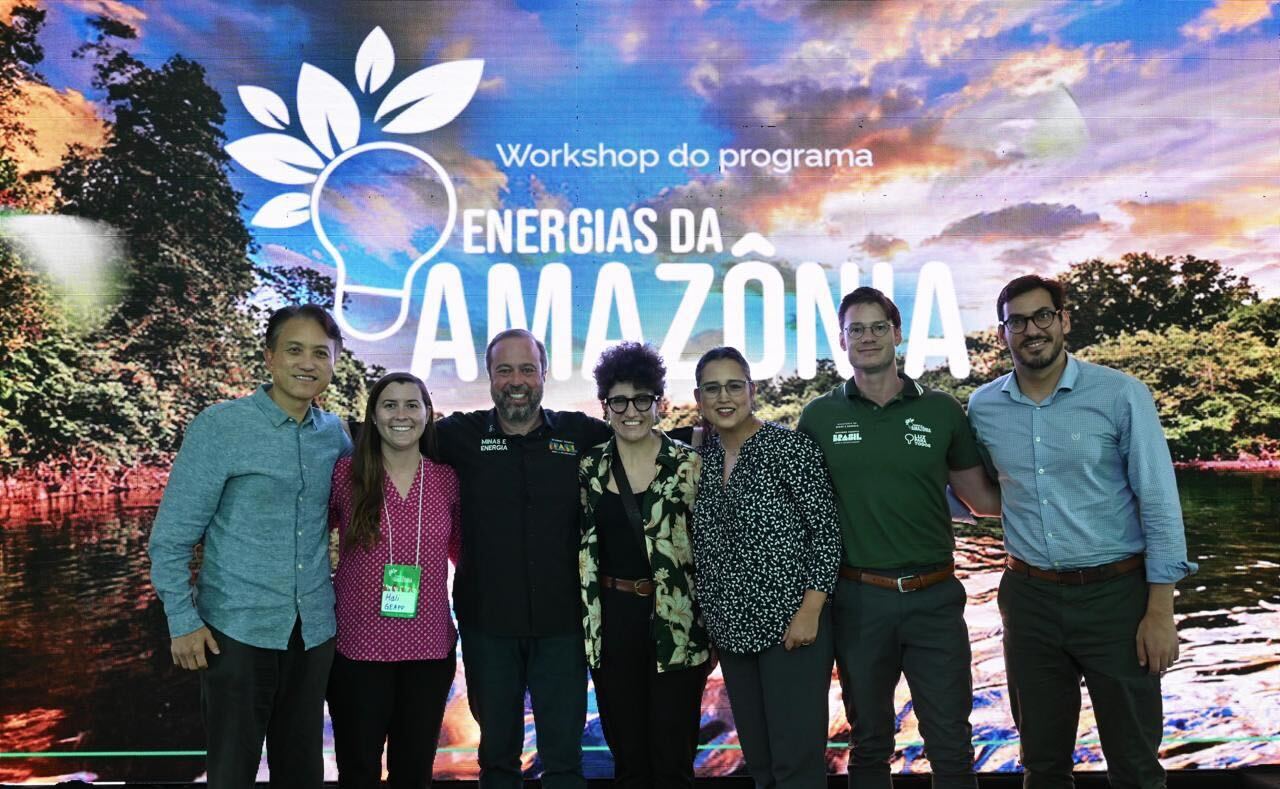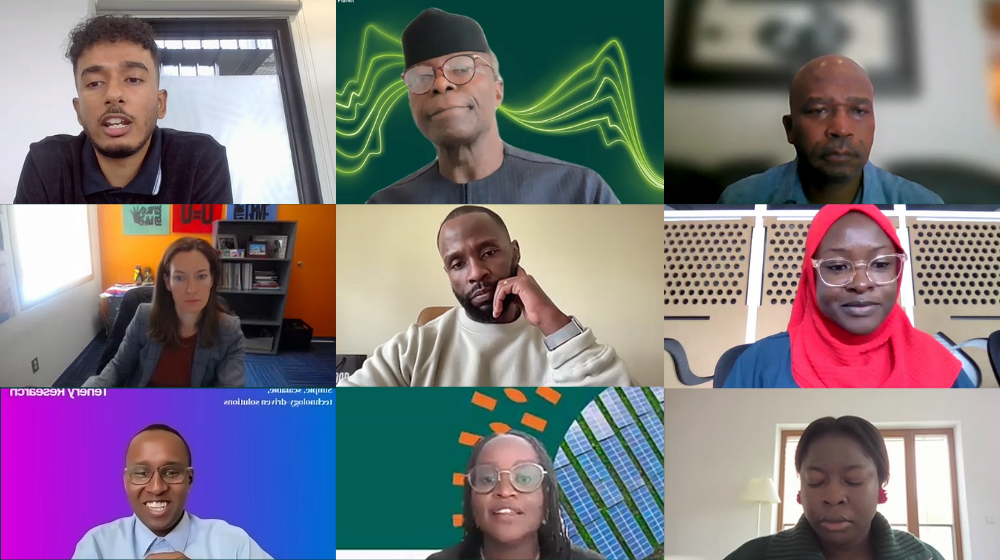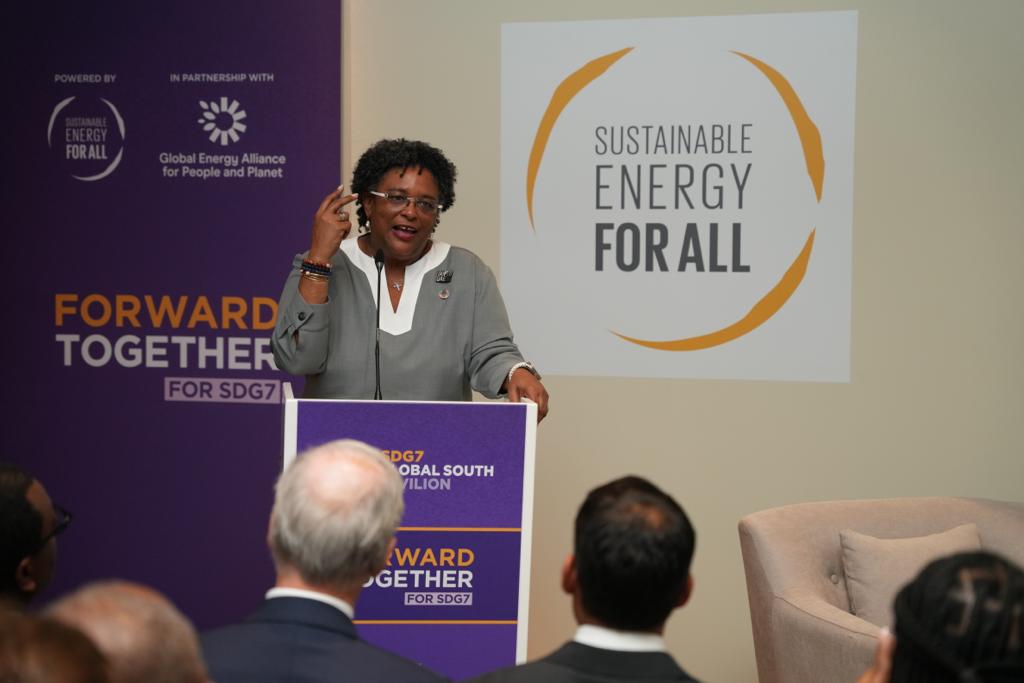Renewable Energy is Rebuilding Economies in Crisis-Affected Areas

The importance of renewable energy in driving recovery and resilience, particularly in crisis-affected regions, was central to the climate dialogues at the 29th Conference of the Parties (COP29). In addition to achieving Sustainable Development Goal 7 (SDG7), renewable energy and global cooperation are integral to supporting countries like Myanmar in transitioning to a cleaner, more resilient sustainable future.
Myanmar’s energy landscape amidst ongoing conflict and instability embodies a challenging paradox—significant barriers intertwined with potential opportunities. By seizing these opportunities, Myanmar could position itself as a leader in sustainable development. Myanmar’s journey, with the support of global partnerships, exemplifies how renewable technologies can not only address energy challenges but also restore livelihoods, reduce carbon emissions, and create economic resilience.
Myanmar’s Ongoing Crisis
At the height of Myanmar’s summer season this year, a small furniture manufacturing unit in Yangon—Premium Valiant Family Co. Ltd. (PVF), took a bold step: investing in a 100kW solar system. This decision aimed to reduce reliance on diesel generators and the increasingly unreliable national grid. This strategic decision, made amid financial strain, proved transformative as energy costs were reduced by 51%, sustaining the business’s operations and securing employment for 110 staff members.
PVF’s story reflects the broader plight of Myanmar’s small and medium-sized enterprises (SMEs), which form the backbone of its economy but are shackled by an escalating energy crisis. By early 2024, the operational capacity of Myanmar’s power systems lapsed to 2015 levels, with per capita electricity consumption projected to plunge below 308 kWh—a tenfold decrease compared to the global average. In recent months, grid outages have worsened, providing as little as two hours of electricity in industrial zones. According to the World Bank report ‘Myanmar Economic Monitor: Livelihoods Under Threat’, 33% of companies surveyed in April 2024 cited power outages as their biggest challenge, a significant increase from 12% in September last year. The situation is dire for manufacturing firms, where this figure rises to 42%.
This lack of reliable power forces many businesses to rely on costly and inefficient generators, further straining their already limited revenue and resources. Diesel costs have sharply risen amid supply constraints, and labor shortages have been exacerbated by a recently imposed mandatory conscription order.
Renewable Energy Solutions: The Opportunity
Amid these challenges, rooftop solar systems present an accessible and scalable solution, enabling local enterprises to pivot toward sustainability and self-sufficiency. Unlike traditional power stations, rooftop solar installations are inherently flexible. Their ability to decentralize power generation minimizes disruptions, bolsters grid stability, and ensures consistent power supply for businesses and homes alike. However, the successful implementation of rooftop solar requires targeted financing, technical expertise, and strategic planning—resources that many businesses in Myanmar cannot access alone.
Partnership for Impact
This is where the power of strategic partnerships becomes evident. The collaboration between Global Energy Alliance for People and Planet (GEAPP) and Denmark exemplifies how international alliances can stimulate local economic growth, job creation, and innovation. By leveraging renewable energy and mobilizing financial and technical assistance, this partnership is aiding SMEs and local businesses, such as Triple Three Woven Bag Factory and PVF in Myanmar, to implement effective rooftop solar solutions.
Denmark’s Responsible Business Fund (RBF) has been instrumental in these efforts—providing grants for energy-efficient technologies and renewable energy to 215 MSMEs across 15 states/regions. These initiatives have not only reduced operational costs but have also enhanced economic resilience in vulnerable regions. Additionally, Smart Power Myanmar (SPM), a partner of GEAPP, is providing financial and technical assistance to support local businesses in successfully adopting rooftop solar systems. As of July 2024, SPM has successfully mobilized over $4m to finance nearly 5 MW of rooftop solar projects, securing nearly 1,500 jobs, and averting 54,000 tons of carbon emissions.
Future Pathway
As Myanmar continues to navigate complex energy challenges and crises, the onus is on policymakers, businesses, and the international community to transform these challenges into opportunities through strategic investments and partnerships. The recent launch of RBF Plus, funded by the European Union, the Swiss Agency for Development and Cooperation (SDC), and the Embassy of Denmark in Myanmar, represents a promising step forward. This program is designed to assist micro, small, and medium-sized enterprises (MSMEs) throughout the agrifood value chain in becoming economically resilient, competitive, and environmentally responsible.
Crises create opportunities for transformation. We learn from experience that with the right support and vision, renewable energy can be a powerful catalyst for economic recovery and resilience. It offers new pathways for restoring livelihoods, fostering hope, and securing a sustainable future—not only for Myanmar but for communities around the globe navigating similar challenges.



